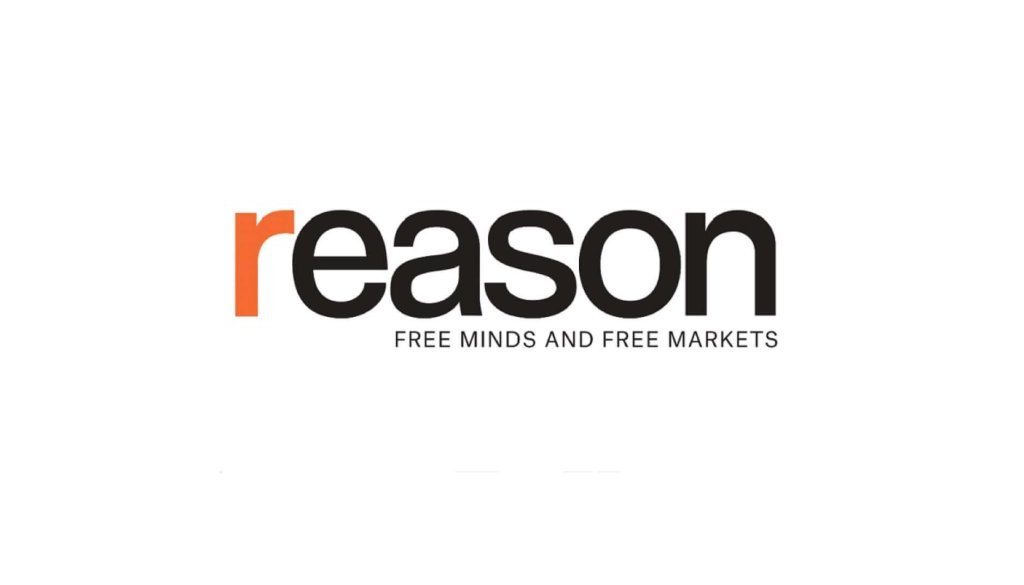“Listen, the Media Deserves Some Blame, Too”: “You Guys Should Not Have Believed Us So Easily”
From Mediaite (Zachary Leeman) yesterday:
“Original Sin” co-author Alex Thompson revealed a Democratic insider told him they were “amazed” at how “easily” the media swallowed “spin” about former President Joe Biden’s health….
It goes on to quote Thompson:
The media fell short, and the biggest example of that is, if the media was on top of this, then Biden’s debate performance should not have been such a shock to so many people ….
I had one conversation with someone, this was after the election, while we were reporting this book, and this person said, “Listen, yes, we deserve blame for X, Y, Z. We were hiding him. We were.” But this person also sort of got in my face, and they said, “Listen, the media deserves some blame, too.” Like we were sort of amazed at some of the stuff we were able to spin and get on….
They’re just like, “You guys should not have believed us so easily.” And I thought that was like a really interesting, but I also think that’s true. I think the media, and in a lot of ways, was not skeptical enough and did not remember the less[on] that, they do it to different degrees, but every White House lies.
This reminds me of the essay I prepared for the Free Speech in Crisis & the Limits of the First Amendment in March; I was invited to participate on the Media Environment panel, for which the description was:
It is widely believed that a profoundly broken media system is responsible for bringing the current administration into power, and for critics, the political crisis it has unleashed. Is this correct? And if so, what is to be done about it? How can public opinion be harnessed to serve constitutional purposes in the new media landscape? How can and should the media system be reformed? And what can free speech law do about any of this?
We were all asked to write up to about 2000 words on our topics, and I include below the current draft of my submission (a version of which I blogged March 31). I hope to revise it, if there’s time before the essays are published at Balkinization, to include part of Thompson’s quotes, and to cite Original Sin.
[* * *]
The 2024 presidential campaign saw a massive disinformation and misinformation campaign, which likely helped bring the current administration into power. Leading media organizations failed to stop it in time. Indeed, some of them were complicit, through inadequate investigation and perhaps even willful blindness, in the misinformation. We thus face an urgent question, raised by the workshop organizers: “How can and should the media system be reformed?”
I’m speaking, of course, of the campaign to conceal President Biden’s mental decline—a campaign that was only conclusively exposed by the June 27, 2024 debate. At that point, little time was left for deciding whether the President should be persuaded to step aside; for the actual persuasion; for the selection of a replacement; and for the replacement’s attempt to persuade the people to elect her.
Had the Administration leveled with the public earlier, or had the media exposed the concealment earlier, there would likely have been time for a full primary campaign, in which Democratic voters could have made their choice about whom to run against Donald Trump.[1] Perhaps that candidate would have been more effective than Kamala Harris. Or perhaps the candidate would have still been Harris, but a Harris who was seen as having more legitimacy with the public. “Democracy Dies in Darkness,” the Washington Post tells us. It appears that the Democratic Party’s prospects died in this particular darkness.
The single most consequential fact of the 2024 Presidential campaign had thus been largely hidden for a long time, including from (and, perhaps unwittingly, by) the media organizations whose job it is to inform us. Indeed, this a fact not just of immense political significance, but also central to national security: If President Biden was indeed cognitively impaired, that bore on his ability to make decisions as President, not just his ability to be re-elected.
When, for instance, Trump and Vance spread unfounded rumors of Haitian immigrants eating cats and dogs, the media rightly blew the whistle. But when some media outlets tried to point out the evidence of Biden’s likely incapacity, others didn’t pick up on the investigation—and, indeed, sometimes pooh-poohed the investigation.
As late as mid-June 2024, the White House and many of its supporters characterized videos of Biden apparently freezing up and seeming confused as “cheap fake” disinformation created by his enemies.[2] Indeed, as Nate Silver has noted, “some coverage endorsed the White House party line, particularly in its tendency to characterize claims about Biden’s acuity as ‘misinformation.'”[3] Only Biden’s televised debate performance on June 27, 2024 made it impossible to deny there was something badly wrong. It seems likely that many of the supposed “cheap fakes” actually accurately captured Biden’s cognitive slippage, especially since the slippage apparently went back a good deal before the debate.[4]
And even if some particular videos had indeed been disinformation from his enemies, the fact remains that the media failed to adequately identify the disinformation from his friends. Indeed, isn’t it shocking that so many White House reporters appear to have learned thanks only to the nationally televised debate and not to their investigative journalism?
Of course, reaching the truth on this question wasn’t easy. Biden insiders apparently tried hard to conceal the facts (that’s the disinformation part). And indeed it’s not surprising that people who are both personally loyal to a President and rely on the President’s success for their ongoing careers would want to conceal such facts. In our fallen world, we can’t expect much candor from political insiders. And I expect most journalis
Article from Reason.com

The Reason Magazine website is a go-to destination for libertarians seeking cogent analysis, investigative reporting, and thought-provoking commentary. Championing the principles of individual freedom, limited government, and free markets, the site offers a diverse range of articles, videos, and podcasts that challenge conventional wisdom and advocate for libertarian solutions. Whether you’re interested in politics, culture, or technology, Reason provides a unique lens that prioritizes liberty and rational discourse. It’s an essential resource for those who value critical thinking and nuanced debate in the pursuit of a freer society.




